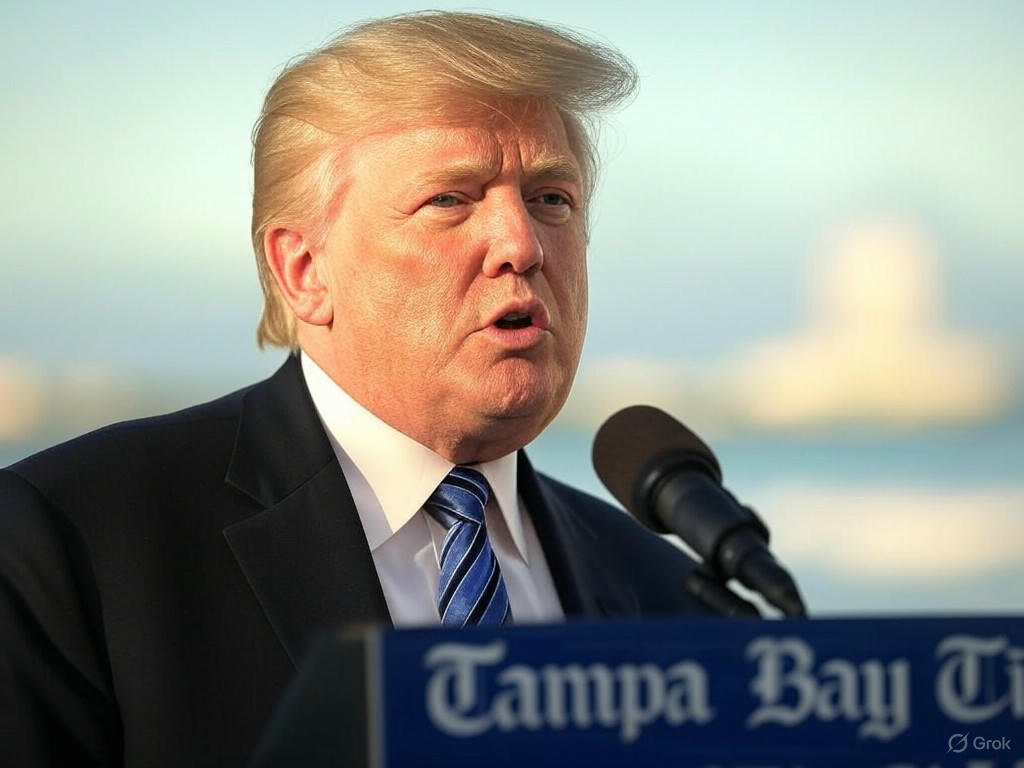Florida is bracing for a transformative wave of changes as a sweeping new legislative proposal, often referred to as Trump’s ‘Big Beautiful Bill,’ takes center stage. This ambitious piece of legislation, recently unveiled, promises to reshape key sectors across the Sunshine State, from healthcare to renewable energy. As Floridians await the final details, the potential impacts are already sparking intense debate among business leaders, policymakers, and residents alike.
At the heart of the bill are provisions that could revolutionize Florida’s healthcare system. Hospitals and medical facilities, particularly in regions like Tampa and Miami, stand to receive significant funding boosts aimed at modernizing infrastructure and expanding access to care. Small business owners in the healthcare sector are optimistic, with many hoping that increased resources will alleviate the strain felt during recent years of economic uncertainty. However, some critics caution that the allocation of funds might favor larger institutions, potentially leaving rural clinics struggling to keep up. This disparity could create a divide in how healthcare improvements are felt across the state.
Beyond healthcare, the legislation casts a wide net over Florida’s energy landscape, with a strong emphasis on solar power. The bill includes incentives for businesses and homeowners to adopt solar technology, positioning Florida as a potential leader in renewable energy adoption. Solar companies in the Tampa Bay area are already gearing up for a surge in demand, with local entrepreneurs predicting job growth and reduced energy costs for consumers. Yet, environmentalists are raising concerns about the environmental impact of rapid solar panel production and installation, urging lawmakers to ensure sustainable practices are prioritized. The balance between economic growth and ecological responsibility remains a critical point of contention.
The ripple effects of this legislation extend to other industries as well, including tourism and agriculture, which are cornerstones of Florida’s economy. Tax breaks and grants outlined in the bill could provide much-needed relief to small businesses in these sectors, especially those still recovering from recent economic downturns. However, some business analysts warn that the broad scope of the bill might lead to uneven implementation, with certain regions or industries benefiting more than others. For instance, coastal businesses tied to tourism might see quicker gains compared to inland agricultural enterprises, potentially widening economic disparities.
As Florida stands at the cusp of this legislative overhaul, the coming months will be crucial in determining how these changes unfold. Stakeholders across the state are calling for transparency and collaboration to ensure that the benefits of Trump’s bill are equitably distributed. While the promise of innovation and growth is undeniable, so too are the challenges of navigating such a vast and complex policy. Floridians can only hope that this ‘Big Beautiful Bill’ lives up to its name, delivering a brighter, more prosperous future for all corners of the state.
